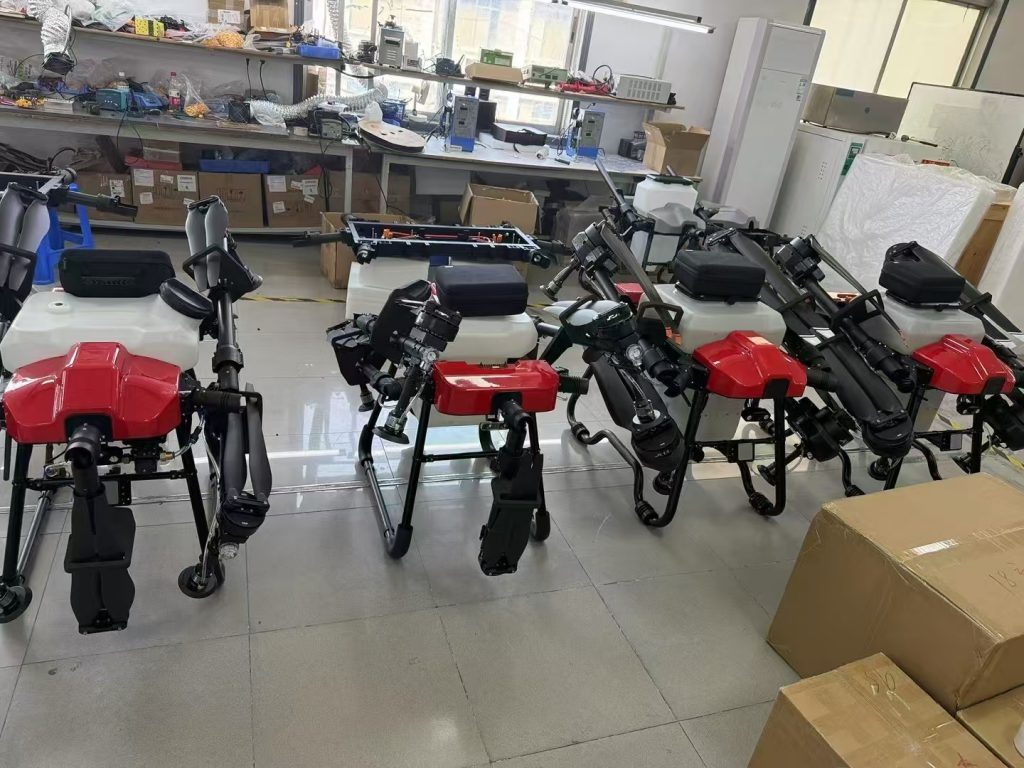
In the era of smart agriculture, drone spraying factories are emerging as a game-changer, offering precision, efficiency, and sustainability in crop management. These specialized facilities produce advanced unmanned aerial vehicles (UAVs) equipped with cutting-edge spraying technology, designed to optimize agricultural productivity while minimizing environmental impact.
The Need for Precision Agriculture
Traditional farming methods often rely on manual labor or large machinery, which can be time-consuming, costly, and less accurate. Over-spraying of pesticides or fertilizers not only wastes resources but also contributes to soil and water contamination. Drone spraying factories address these challenges by manufacturing drones capable of delivering precise amounts of agrochemicals directly to targeted areas, ensuring optimal crop health with minimal waste.
How Drone Spraying Factories Contribute to Efficiency
-
High-Precision ApplicationDrones produced in these factories are equipped with GPS-guided systems and advanced sensors, allowing them to navigate fields with centimeter-level accuracy. This ensures that chemicals are applied only where needed, reducing overuse and preventing crop damage.
-
Time and Labor SavingsA single drone can cover large areas in a fraction of the time it would take human workers or ground-based equipment. This is especially beneficial for large-scale farms, where timely application of pesticides or fertilizers is critical for crop yield.
-
Reduced Environmental ImpactBy minimizing chemical runoff and ensuring targeted application, drone spraying helps protect beneficial insects, soil health, and nearby water sources. This aligns with global sustainability goals and promotes eco-friendly farming practices.
-
Data-Driven FarmingMany drones are integrated with AI and cloud-based analytics, providing real-time data on crop conditions. This allows farmers to make informed decisions, adjusting spraying schedules and chemical usage based on precise field insights.
The Manufacturing Process: Ensuring Quality and Innovation
Drone spraying factories focus on producing durable, high-performance UAVs tailored for agricultural use. Key aspects of their operations include:
-
Rugged Design: Drones are built to withstand harsh weather conditions, ensuring reliability in various farming environments.
-
Modular Upgrades: Farmers can access software updates and hardware enhancements, keeping their drones at the forefront of technology.
-
Safety Features: Automated obstacle avoidance, emergency landing protocols, and fail-safes ensure safe operation even in complex terrains.
Future Prospects and Global Impact
As the demand for efficient and sustainable farming grows, drone spraying factories will play a pivotal role in transforming agriculture. Emerging trends include:
-
Autonomous Fleets: Coordinated drone swarms that can cover vast farmlands with minimal human intervention.
-
AI-Powered Analytics: Enhanced decision-making through machine learning, predicting pest outbreaks and optimizing spray timing.
-
Affordable Solutions: Advancements in manufacturing will make drone technology more accessible to small and medium-scale farmers.
Conclusion
Drone spraying factories are at the forefront of agricultural innovation, bridging the gap between technology and farming. By enabling precise, efficient, and environmentally conscious crop management, they empower farmers to achieve higher yields while conserving resources. As this technology continues to evolve, its impact on global food security and sustainable farming will be profound.
For agricultural stakeholders seeking to modernize operations, investing in drone spraying technology is not just an upgrade—it’s a transformation toward the future of farming.
THE END


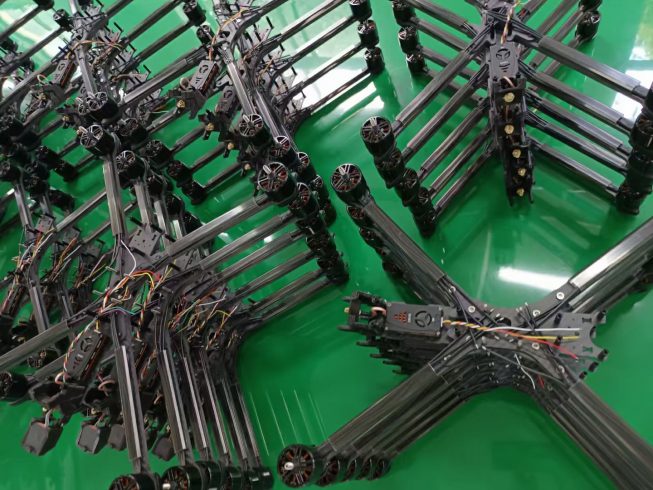
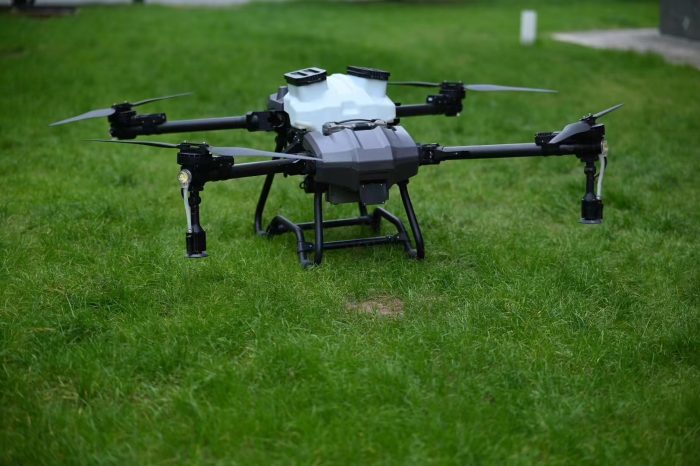
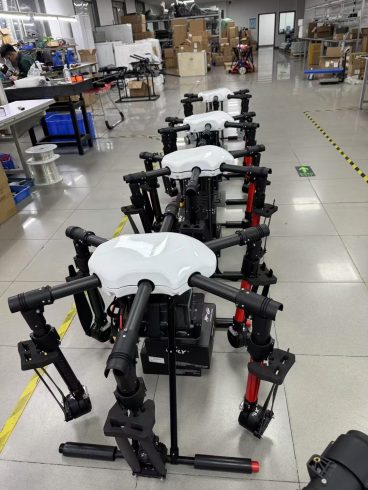
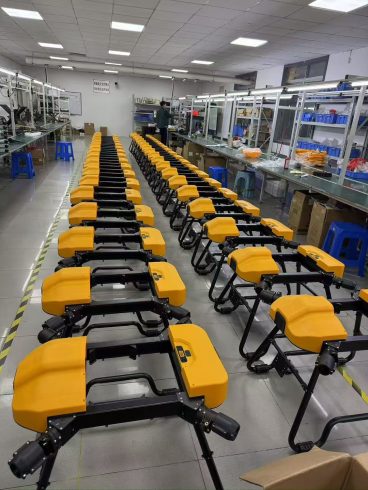
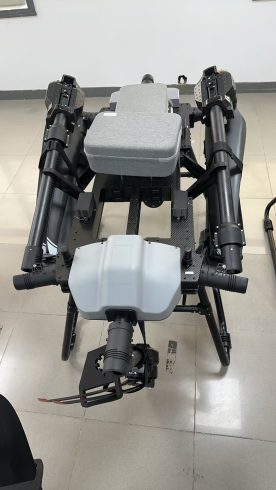
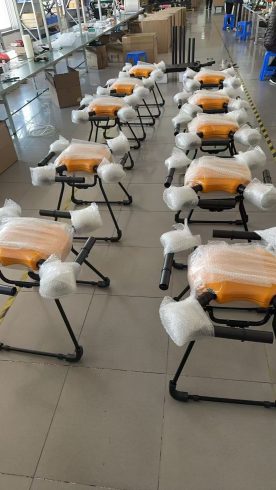
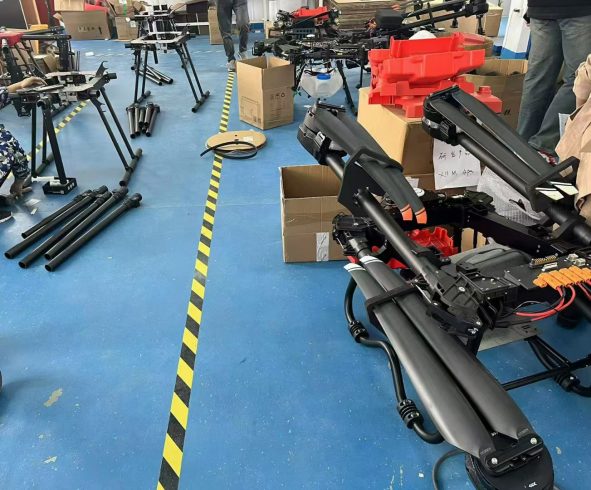

暂无评论内容